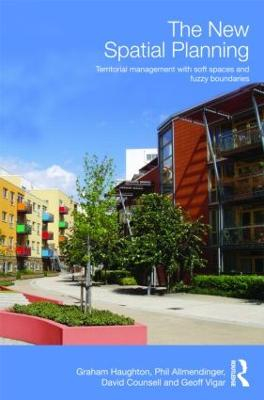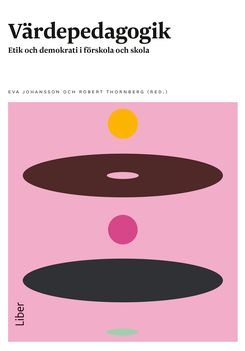

The New Spatial Planning: territorial management with soft spaces and fuzzy boundaries
- Utgiven: 2009
- ISBN: 9780415483360
- Sidor: 288 st
- Förlag: Routledge
- Format: Häftad
- Språk: Engelska
Om boken
Spatial planning, strongly advocated by government and the profession, is intended to be more holistic, more strategic, more inclusive, more integrative and more attuned to sustainable development than previous approaches. In what the authors refer to as the New Spatial Planning, there is a fairly rapidly evolving maturity and sophistication in how strategies are developed and produced. Crucially, the authors argue that the reworked boundaries of spatial planning means that to understand it we need to look as much outside the formal system of practices of ‘planning’ as within it.
Using a rich empirical resource base, this book takes a critical look at recent practices to see whether the new spatial planning is having the kinds of impacts its advocates would wish. Contributing to theoretical debates in planning, state restructuring and governance, it also outlines and critiques the contemporary practice of spatial planning. This book will have a place on the shelves of researchers and students interested in urban/regional studies, politics and planning studies.
Åtkomstkoder och digitalt tilläggsmaterial garanteras inte med begagnade böcker
Mer om The New Spatial Planning: territorial management with soft spaces and fuzzy boundaries (2009)
2009 släpptes boken The New Spatial Planning: territorial management with soft spaces and fuzzy boundaries skriven av Graham Haughton. Den är skriven på engelska och består av 288 sidor. Förlaget bakom boken är Routledge.
Köp boken The New Spatial Planning: territorial management with soft spaces and fuzzy boundaries på Studentapan och spara uppåt 72% jämfört med lägsta nypris hos bokhandeln.
Referera till The New Spatial Planning: territorial management with soft spaces and fuzzy boundaries
Harvard
Haughton, G. (2009). The New Spatial Planning: territorial management with soft spaces and fuzzy boundaries. Routledge.
Oxford
Haughton, Graham, The New Spatial Planning: territorial management with soft spaces and fuzzy boundaries (Routledge, 2009).
APA
Haughton, G. (2009). The New Spatial Planning: territorial management with soft spaces and fuzzy boundaries. Routledge.
Vancouver
Haughton G. The New Spatial Planning: territorial management with soft spaces and fuzzy boundaries. Routledge; 2009.



















